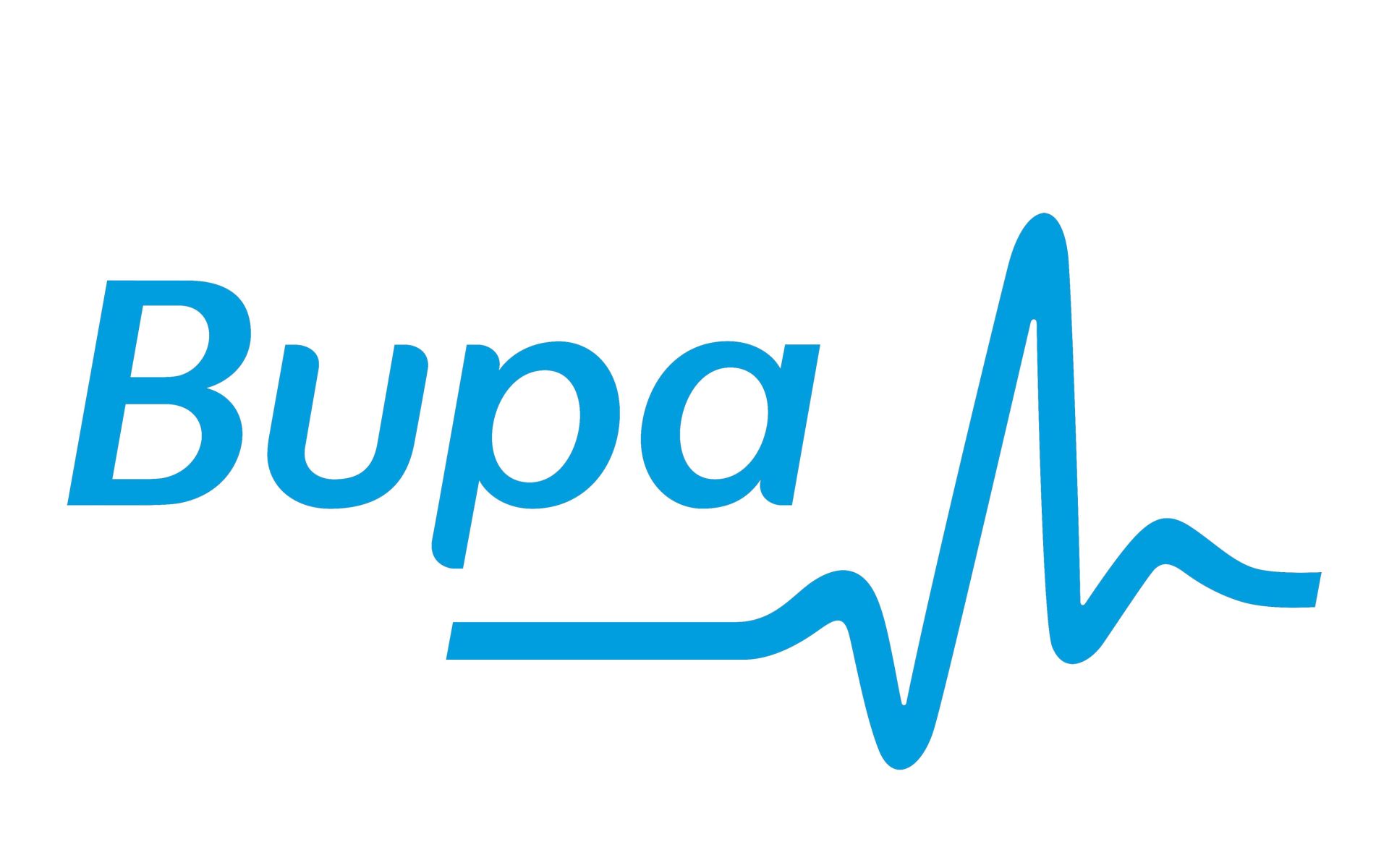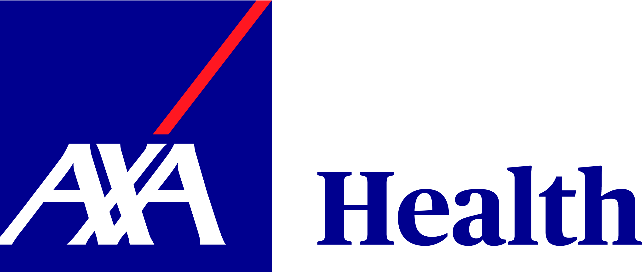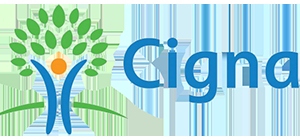Note: This makes all sizes equal and could alter the website layout.
Red:
Green:
Blue:
Red:
Green:
Blue:
The impact of avoidable workplace injuries in the UK and how PhysioFunction can help if you sustain an injury
This year Injury Awareness Week is focusing on avoidable workplace injuries
Avoidable workplace injuries remain a significant concern, affecting both employees' well-being and employers' financial health. These injuries can range from minor sprains and strains to more severe incidents involving fractures, long-term musculoskeletal disorders, spinal cord injuries and brain injuries. Addressing workplace risks is critical for maintaining a safe and productive work environment.
Physiotherapy services, such as those provided by PhysioFunction, play a crucial role in rehabilitating workplace injuries.
The Impact of Avoidable Workplace Injuries
Human Cost
The human cost of workplace injuries is profound. Injured employees often face pain, discomfort, and a prolonged recovery period. This can lead to emotional distress, including anxiety and depression, particularly if the injury impacts their ability to work and support their families. Chronic pain or long-term disability resulting from workplace injuries can severely affect the quality of life, limiting individuals' ability to engage in everyday activities and hobbies. This can have a knock-on effect with the individual’s family and friends also being impacted financially, mentally and physically.
Economic Cost
Workplace injuries also have significant economic implications. According to the Health and Safety Executive (HSE), workplace injuries cost the UK economy billions of pounds annually. These costs include direct expenses such as medical care and compensation claims, as well as indirect costs like lost productivity, absenteeism, and retraining expenses. Employers may also face increased insurance premiums and potential legal fees if negligence is proven.
Impact on Employers
For employers, workplace injuries can result in a loss of skilled employees and reduced productivity. The disruption caused by an injured employee's absence can strain remaining staff, potentially leading to further injuries and decreased morale. Where there are more severe injuries, staff can be affected mentally and emotionally which may lead to increased absenteeism. Additionally, companies may suffer reputational damage, which can impact their ability to attract and retain talent.
Common Types of Workplace Injuries
Musculoskeletal Disorders
Musculoskeletal disorders are among the most common workplace injuries and include conditions such as back pain, tendonitis, and carpal tunnel syndrome. These injuries often result from repetitive motions, poor ergonomics, and heavy lifting.
Slips, Trips, and Falls
Slips, trips, and falls are frequent causes of workplace injuries, particularly in environments like construction sites, warehouses, and hospitals. These incidents can lead to fractures, sprains, and spinal and head injuries.
Cuts and Lacerations
Cuts and lacerations typically occur in workplaces that use machinery, tools, or sharp objects. These injuries can range from minor cuts requiring first aid to severe lacerations necessitating surgical intervention.
Burns and Scalds
Workplaces involving high temperatures or hazardous substances, such as kitchens or manufacturing plants, often see injuries related to burns and scalds. These injuries can cause severe pain, permanent scarring, and require extensive medical treatment.
Prevention of Workplace Injuries
Risk Assessments and Safety Training
Conducting regular risk assessments and providing comprehensive safety training are essential steps in preventing workplace injuries. Employers should identify potential hazards and implement measures to mitigate risks. Training programs should educate employees on safe work practices, proper use of equipment, and emergency procedures.
Ergonomic Solutions
Improving workplace ergonomics can significantly reduce the risk of musculoskeletal disorders. This includes providing adjustable furniture, proper lighting, and equipment designed to minimize strain. Encouraging regular breaks and promoting good posture are also crucial.
Personal Protective Equipment (PPE)
The use of appropriate PPE, such as gloves, helmets, and safety goggles, can prevent many workplace injuries. Employers must ensure that PPE is readily available, well-maintained, and that employees are trained in its proper use.
The Role of PhysioFunction in Managing Workplace Injuries
PhysioFunction’s rehabilitation services can play a vital role in both the prevention and rehabilitation of workplace injuries. Our comprehensive approach includes assessment, treatment, and ongoing support to ensure optimal recovery and prevent future injuries.
Rehabilitation Services
When workplace injuries occur, PhysioFunction provides a range of rehabilitation services tailored to the individual's needs. Our physiotherapists are skilled in treating neurological and musculoskeletal injuries, including spinal cord injury, brain injury, back pain, joint issues, and repetitive strain injuries. Treatment plans often include hands-on therapy, hydrotherapy, technology, exercise programs, and modalities such as acupuncture, ultrasound or electrical stimulation to promote healing and relieve pain.
Return-to-Work Programs
PhysioFunction can create bespoke return-to-work programs which are designed to help injured employees’ transition back to work safely and effectively. These programs include graded exercise therapy, functional capacity evaluations, and work conditioning to ensure that employees can perform their duties without risking re-injury. By closely monitoring progress and adjusting treatment plans as needed, PhysioFunction ensures a smooth and successful return to work.
Conclusion
Avoidable workplace injuries have far-reaching impacts on individuals, their families and friends, colleagues, employers, and the economy. Preventive measures such as risk assessments, ergonomic solutions, and proper training are essential to reduce the incidence of these injuries. When injuries do occur, PhysioFunction can provide bespoke rehabilitation plans using their rehabilitation triad of hands-on therapy, technology and exercise to support individuals in their recovery.




